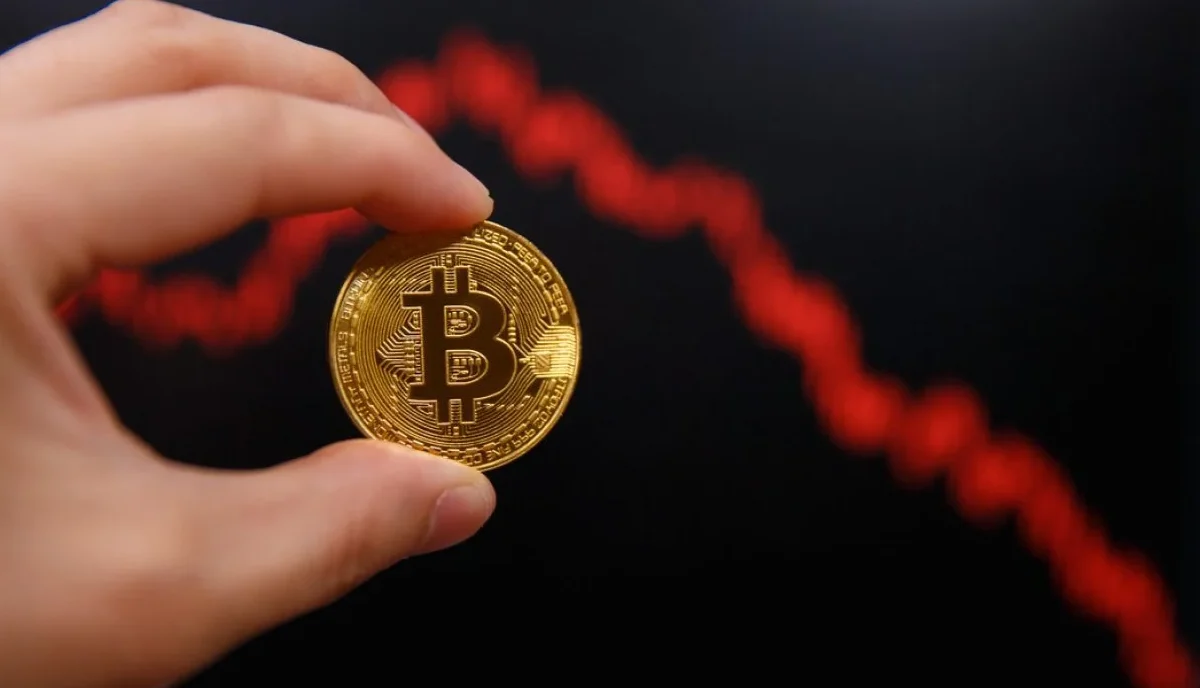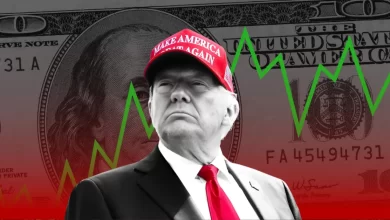State-held Bitcoin Reserves could promote the advancement of pro-crypto policies

State-held Bitcoin Reserves: Corporate buyers aside, state-level Bitcoin acquisitions could play a pivotal role in shaping the future of the Bitcoin market. As bitcoin hovers near the $100,000 mark, interest in bitcoin and other crypto-assets continues to grow. This momentum builds on the discussions sparked during President-Elect Trump’s campaign, where optimism around potential federal-level reforms for the bitcoin industry gained traction.
Politicians like Senator Cynthia Lummis have been vocal advocates for federal legislation to establish a strategic Bitcoin reserve. Alongside policymakers, financial media has increasingly explored this concept, even discussing the possibility of a U.S. sovereign wealth fund holding Bitcoin as a primary asset.
TradFi
Meanwhile, traditional finance (TradFi) investments in cryptocurrency are accelerating. Notable developments include the approval of spot bitcoin ETFs by BlackRock, following the surge in adoption and prices after spot ETF approvals in January 2024. These ETFs have already attracted $34 billion in assets, surpassing gold’s performance and cementing bitcoin as a key investment asset.
Furthermore, MicroStrategy announced a $1.75 billion bond issuance to acquire more bitcoin, coupled with $4 billion in bitcoin purchases funded by a share sale. While these trends are promising, another development could significantly elevate bitcoin’s price and mainstream legitimacy: state-level bitcoin reserve funds. Let’s explore how this could reshape the market as 2025 approaches.
Price Growth and Bitcoin’s Role as an Asset
 The rising momentum at both state and federal levels is already positively influencing Bitcoin’s price, as seen in 2024. Bitcoin’s value surged from $43,000 in January to nearly $100,000 by November, driven by institutional buying and overall market optimism. If the federal or state governments begin significant bitcoin acquisitions, it could further propel prices upward.
The rising momentum at both state and federal levels is already positively influencing Bitcoin’s price, as seen in 2024. Bitcoin’s value surged from $43,000 in January to nearly $100,000 by November, driven by institutional buying and overall market optimism. If the federal or state governments begin significant bitcoin acquisitions, it could further propel prices upward.
However, this price appreciation highlights a shift in bitcoin’s role. Once envisioned as the currency of the future, bitcoin is increasingly perceived as an asset class. Discussions now emphasize its value as an investment, an inflation hedge, and a strategic reserve, rather than as a medium of exchange. While price gains are celebrated, they reinforce bitcoin’s transition into an investment vehicle rather than a currency.
Federal-Level Pressure
The push for a pro-crypto regulatory framework at the federal level, including the establishment of a strategic bitcoin reserve, is gaining momentum as President-Elect Trump prepares to take office. The crypto industry spent approximately $200 million in the last election cycle, with over 200 members of Congress receiving support from crypto lobbyists. This increases the likelihood of a pro-crypto Congress. On the campaign trail, Trump pledged support for the crypto sector, signaling potential innovation and growth.
Senator Lummis continues to champion legislation like the BITCOIN Act, which seeks to enable strategic reserves. However, politicizing crypto by creating a federal reserve could also make the sector a contentious issue, subject to policy shifts and tax code changes influenced by future administrations.
State Leadership in Crypto Policy
While federal action on crypto seems imminent, the crypto sector remains smaller compared to traditional financial markets, reflecting its developing status. This opens opportunities for state-level leadership in crypto policy.
For instance, Wyoming is pioneering the first state-backed stable token, WYST. Similarly, states like Pennsylvania are exploring the creation of strategic bitcoin reserves. These efforts suggest that crypto policy leadership might emerge from states, potentially outpacing federal initiatives. As bitcoin solidifies its role as a key financial asset, state-based initiatives could play a transformative role, influencing both market dynamics and broader adoption.
Conclusion
The growing momentum behind Bitcoin, from federal discussions to state-level initiatives, signifies a pivotal moment for the cryptocurrency market. Institutional investments, spot ETFs, and strategic reserve proposals are driving adoption and solidifying bitcoin’s status as a premier asset. While federal support could offer sweeping benefits, the leadership shown by states like Wyoming and Pennsylvania highlights the decentralized and innovative spirit that defines the crypto space.
[sp_easyaccordion id=”3142″]




